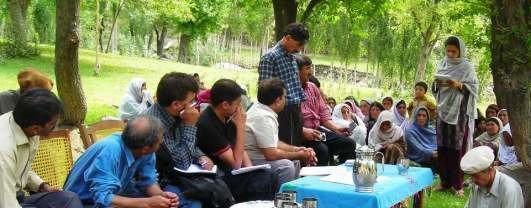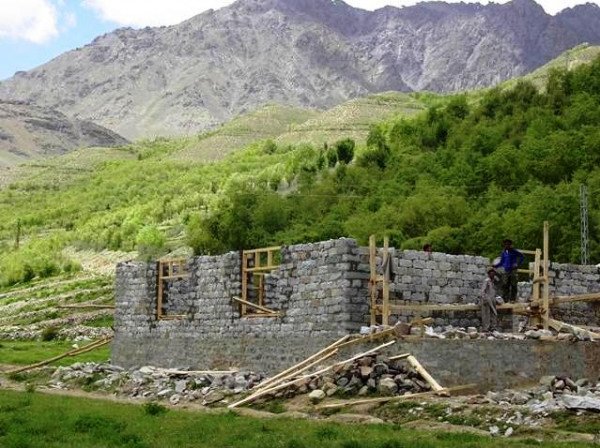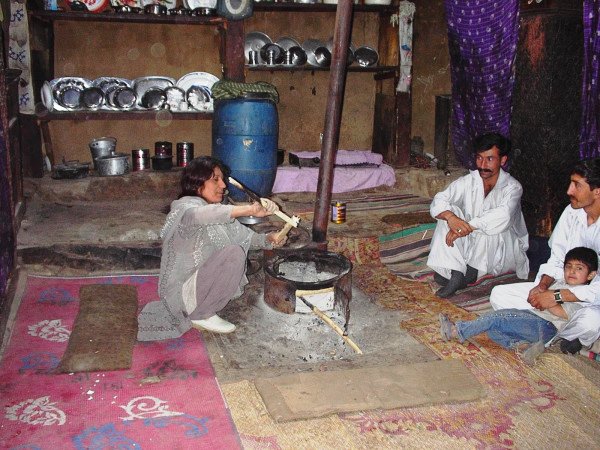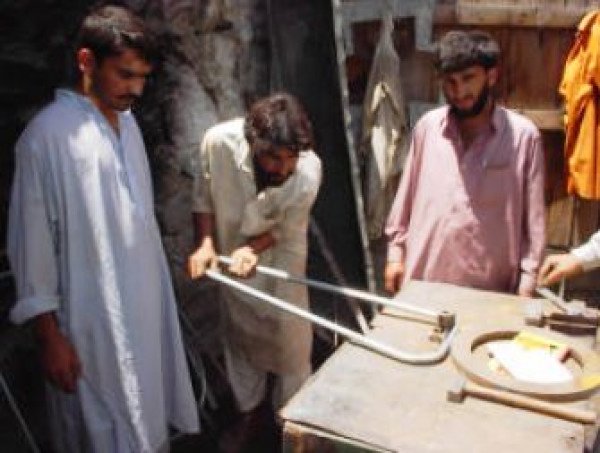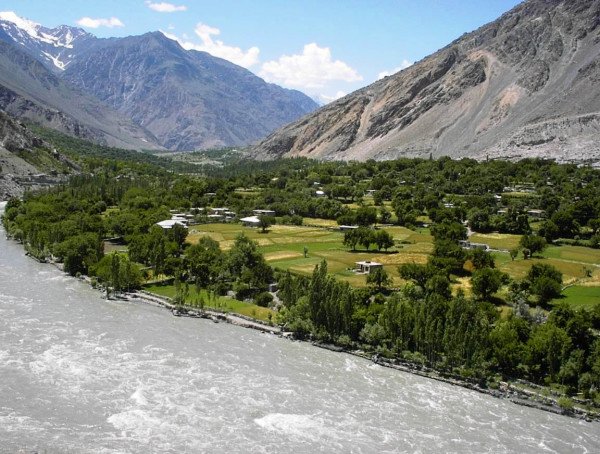The Building and Construction Improvement Programme (BACIP) helps rural communities in Northern Pakistan build safer, healthier, and more energy-efficient homes. Since 1997, it has introduced over 60 affordable products, including fuel-efficient stoves, insulated roofs, composting toilets, double-glazed windows, and earthquake-resistant building techniques. These improvements have reached more than 68,000 people in 125 villages.
BACIP works closely with local communities to identify their housing needs. Women play a key role in gathering feedback and helping with product delivery. Local artisans and entrepreneurs are trained to manufacture and install the products, creating sustainable jobs and increasing incomes by around 25%. To keep the programme sustainable, BACIP operates without subsidies; families can buy products at cost or use microcredit loans.
The programme has had major social, economic, and environmental benefits. Homes are warmer, cleaner, and safer, which has reduced smoke-related illnesses by 50% and improved children’s ability to study indoors. Households now use up to 60% less firewood, cutting both expenses and greenhouse gas emissions by more than half. Families also save on health and fuel costs, often covering the product’s price within a year.
BACIP’s participatory approach—where communities help design, test, and refine products—ensures that solutions are practical and culturally acceptable. This approach has been replicated in other regions of Pakistan and adapted to different climates and traditions. By combining local manufacturing, skill-building, microfinance, and environmental awareness, BACIP shows how simple home improvements can transform quality of life and create lasting community benefits.
